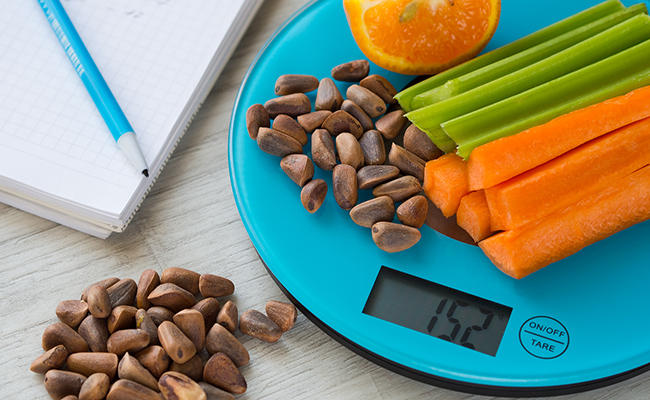The Science Of Calorie Counting
People have a tremendously difficult time understanding why they are not losing weight even though they are sure they are “only eating X calories”. They swear up and down that they are counting accurately, and then the truth comes out. They are guessing at portion sizes, they are not weighing things, they are using generic brands, etc. Unfortunately, we often see what we want to believe, so you must assume that every estimation you make will be too low, even if you try to overestimate. The only fix for this is to be as precise as possible.
This level of precision is not necessary for everyone. If you are losing fat as expected by guessing or being less precise, then good for you. This advice is meant for those that think they are tracking accurately, but somehow still are not losing fat as measured over at least a … Read more ... “The Science Of Calorie Counting”












